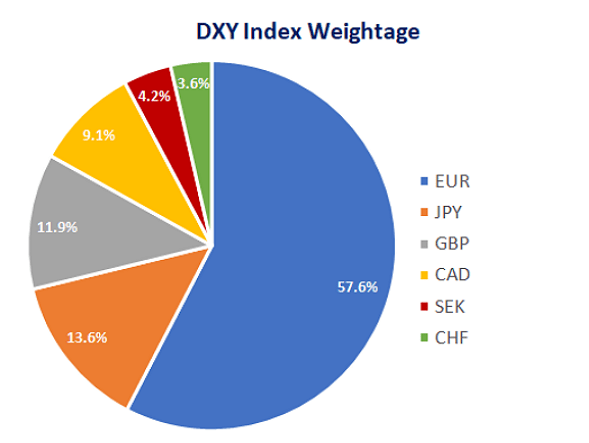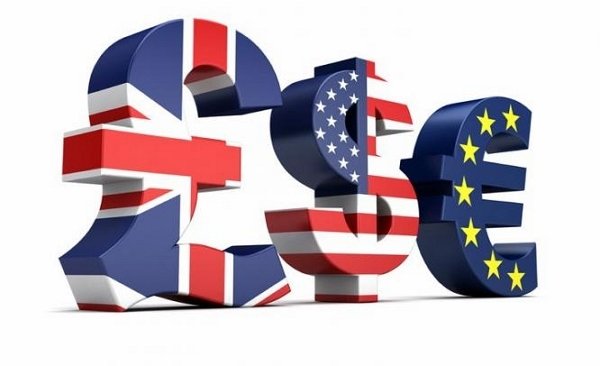What Are Currency Futures?
Currency futures are contracts traded on an exchange that specify the price of one currency in relation to another currency on a future date. These contracts are legally binding and require parties to deliver the currency amount at the specified price on the agreed-upon delivery date. Currency futures can be used to hedge against currency risks or to speculate on currency price movements. They differ from non-standardized currency forwards, which are traded over-the-counter (OTC).
List of Currencies Offered by Pmex for Trading.
- Euro-USD
- GBP-USD
- USD-JPY
- AUD-USD
- USD-CAD
- USD-CHF
- EUR-GBP
- GBP-JPY
- CHF-JPY
- EUR-CHF
- USD-CAD
- GBP-CHF

Difference Between Spot Rate and Futures Rate
The currency spot rate refers to the present rate of buying or selling one currency for another. If an investor trades at this rate, the exchange occurs promptly. Currency futures are influenced by spot rates. If the spot rate rises, futures prices tend to rise as well. Conversely, if the spot rate falls, futures prices are likely to decline, although this is not always the case. In certain situations, spot rate changes may not have a significant impact on long-term futures prices.


Currency Futures Example
Let’s say there’s a company called XYZ that’s based in Pakistan. They’re worried about foreign exchange risk and want to protect themselves against losing money. They’re expecting to receive 1 million euros in September, so they decide to sell futures contracts on those euros. This means they can sell the euros now, before they even receive them, and lock in a good exchange rate for when they do get the euros. They sell 1,00 futures contracts, each for 10000 euros. If the euro goes down in value compared to the US dollar, then the company is protected because they locked in a good exchange rate. However, if the euro goes up in value, then the company misses out on any potential benefits because they’re still stuck with the exchange rate they locked in.
